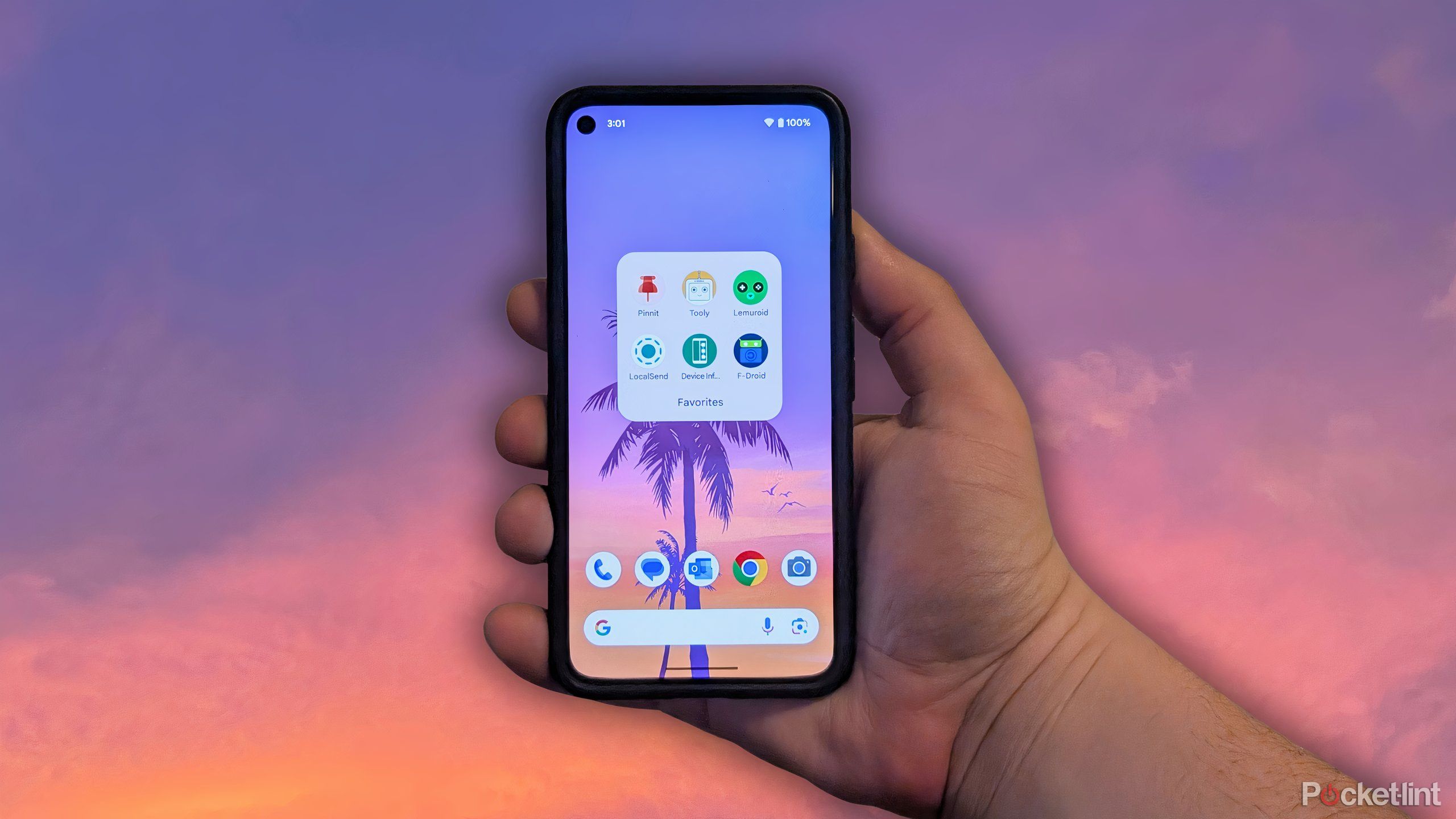Almost 60 percent of internet users in India fell prey to hacking in the last 1 year: Report
More than 59 percent of internet users in India have been victims of cybercrime in the last 12 months as some of these individuals believe that remote working environments have made it easier for cybercriminals to take advantage of them, a new report by Norton Cyber Safety Insights has revealed.
The report also adds that more than 27 million Indian internet users have experienced identity theft in the last year and around 52 percent of Indian adults admitted that they do not have the knowledge or the resources to protect themselves against cybercrime.
“In a year of lockdowns and restrictions, cybercriminals have not been deterred. More Indian adults fell victim to identity theft in the past 12 months and most are concerned about data privacy,” said Ritesh Chopra, Director Sales and Field Marketing, India and SAARC Countries, NortonLifeLock, a consumer security company.
Many hackers have also attempted phishing attack by sending emails to people with information about COVID treatment and vaccine availability. Most of these emails have documents attached to them that contain malware.
While there is a considerable amount of the workforce (almost 90 percent) who take proactive measure to safeguard their data, almost 42 percent of users feel that it is impossible to protect their privacy.
The report adds that an online survey in partnership with The Harris Poll surveyed more than 10,000 adults in 10 countries including 1,000 adults in India. Almost half of the people in the survey said they turned to their friends for help while the other half said they contacted the company after they realised their account was hacked.
People today feel more vulnerable than before as now they are more online and consuming more content than ever before. The more they are browsing the internet and logging on to multiple social media accounts, the more it makes them vulnerable.
Most Indian adults are concerned about data privacy (75 percent) and want to do more to protect it (77 percent), the report added.







